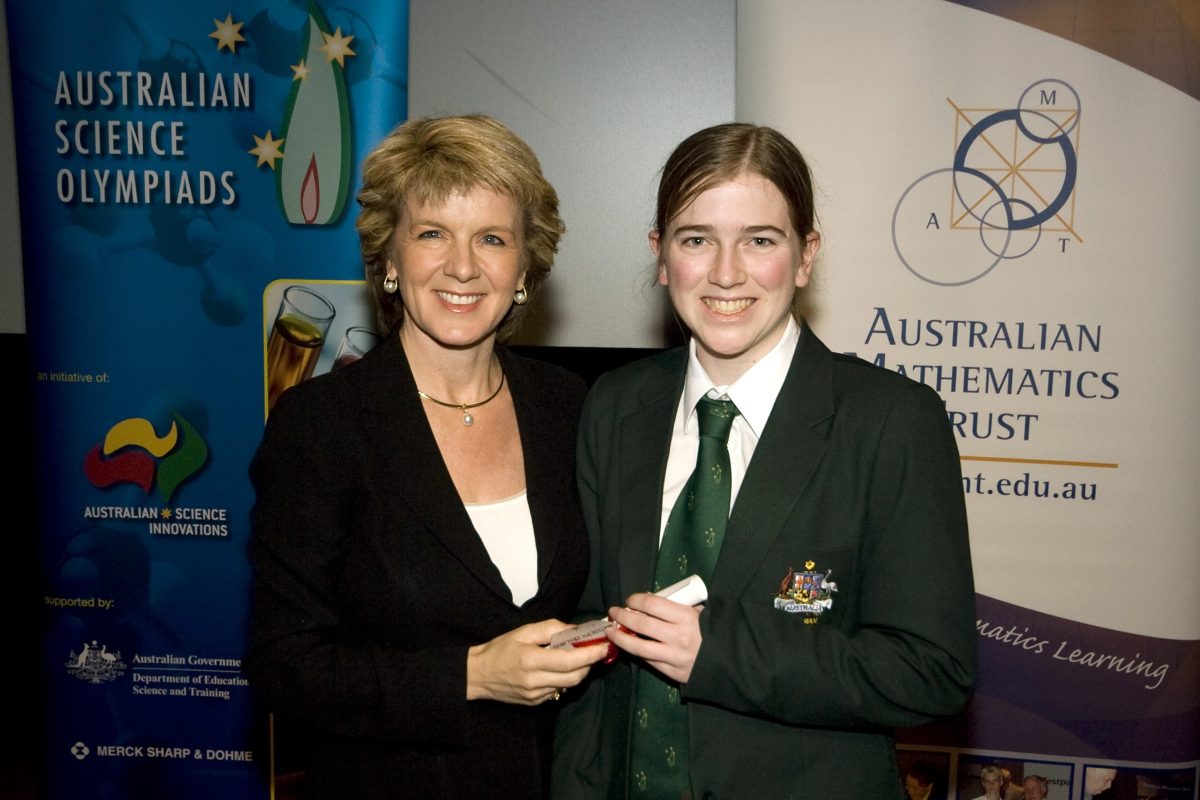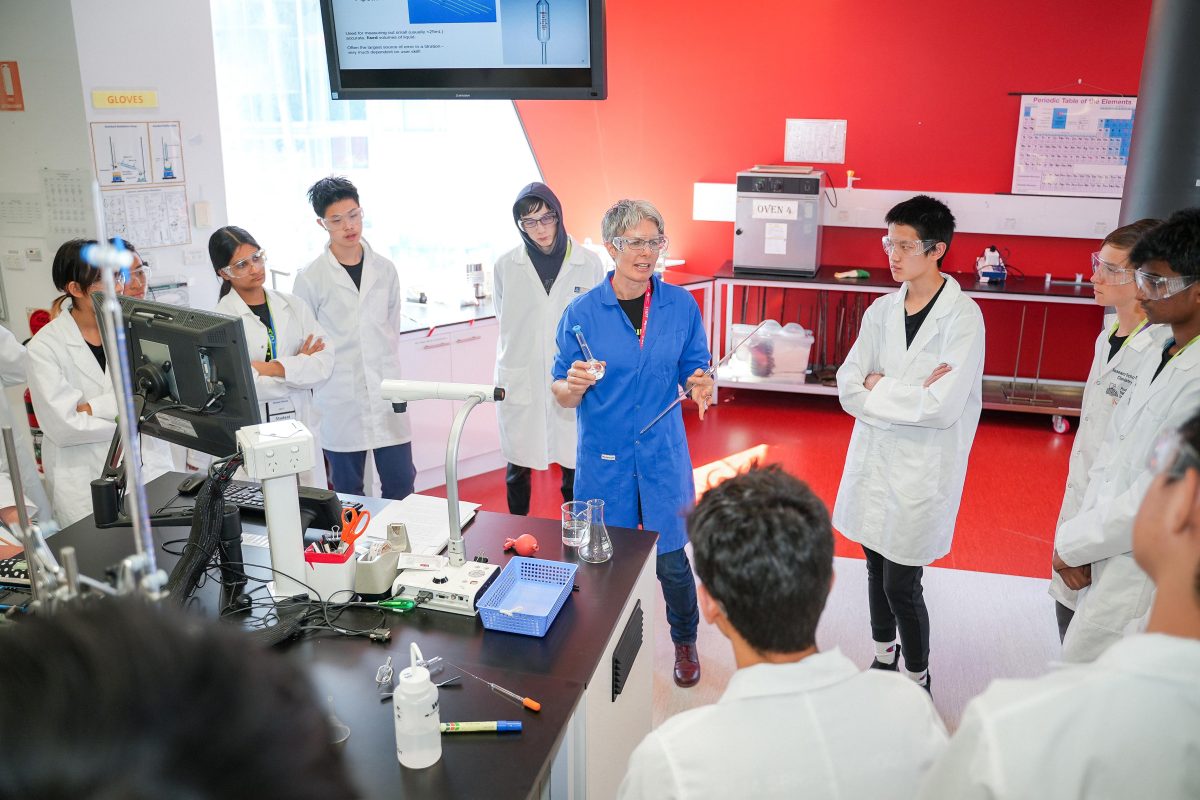Madeleine Barrow – IPhO 2010
What did you study, or are currently studying, at University?
I completed a Bachelor of Science in Physics with Honours at Yale University in 2015.
I’m currently completing my PhD in financial econometrics at Monash University. My thesis focuses on flash crashes in financial markets, where the price of a security rapidly changes before reverting to its original level (sometimes billions of dollars can disappear from markets within minutes). I use statistics and computer code to study these events.
In general, applied econometrics requires a very robust understanding of applied and mathematical statistics, as well as algorithmic techniques to study huge data sets. Economic and financial intuition is important too – similar to how physical intuition (such as appreciating symmetries) is necessary to simplify a physics Olympiad problem.
What are you doing now?
I have been working as a Teaching Associate in Finance and Econometrics at Monash. Prior to that, I was an Investment Banking Analyst at Morgan Stanley and an Associate Investment Analyst at Lonsec Research (both full-time roles).
Tell us about your top two achievements since leaving school.
Graduating from Yale with Honours and Departmental Distinction in Physics, and winning the 2020 Melbourne Datathon.
What would you like to do in the future?
I’d like to work either as a data scientist or quantitative economist.
What do you like to do outside of work?
I like to participate in data competitions. My teammates and I won First Prize in the Melbourne Datathon last year, and I was also on a team that made the top 10 at the 2019 Econometric Game (effectively the world championships for econometrics). My friend and I participated in a national mathematical finance challenge in 2020 and edged in at third place.
I sometimes dabble in writing, and my creative non-fiction and poetry has been published.
I also do some volunteering in the youth mental health space through the Black Dog Institute.
In what way did ASI programs support you in your career and studies?
My Olympiad experience meant that I could jump straight to upper-division physics classes at Yale. The first semester that I took physics related coursework at Yale, I took advanced classical mechanics and a class on the physics of weather and climate that was required for first-year climate physics PhD candidates. My advanced background in physics also meant that I could participate in research projects from my first year onwards – as a first year undergraduate I interned at CERN.



